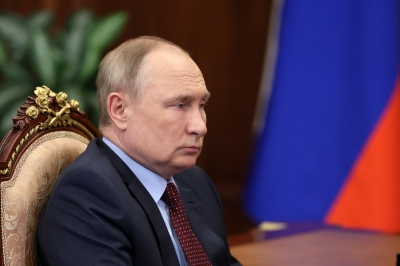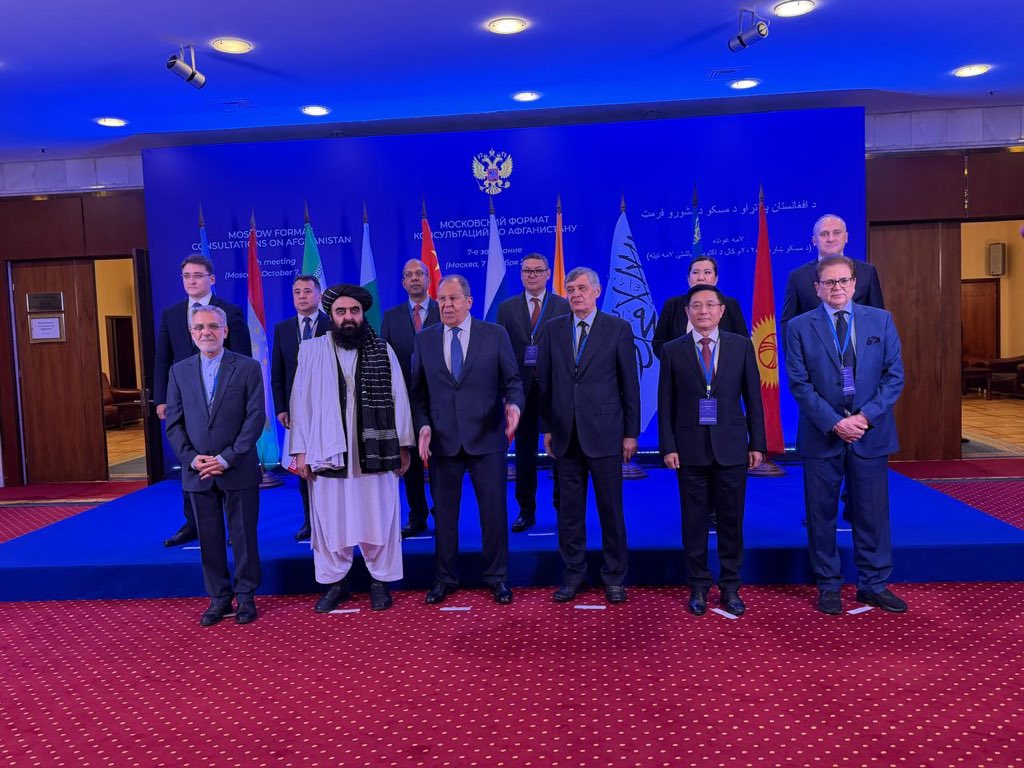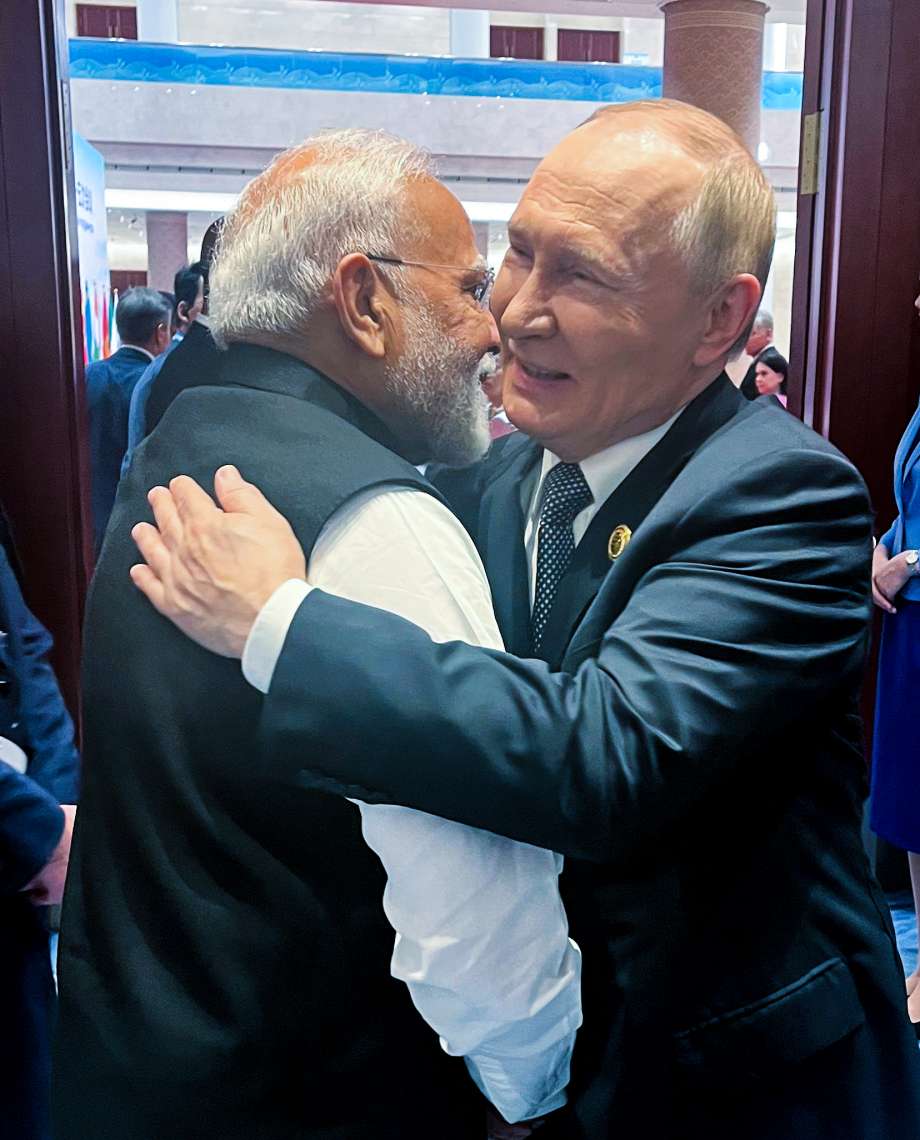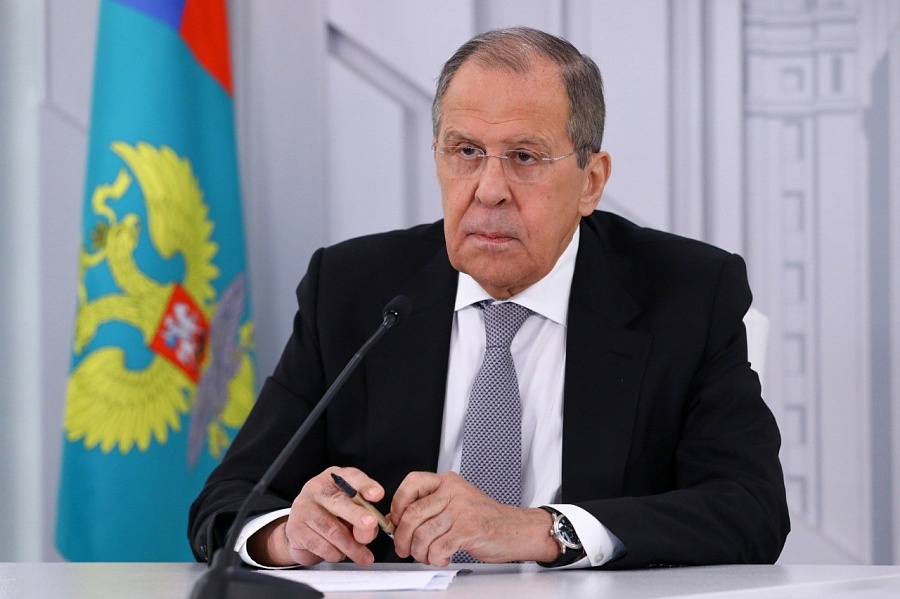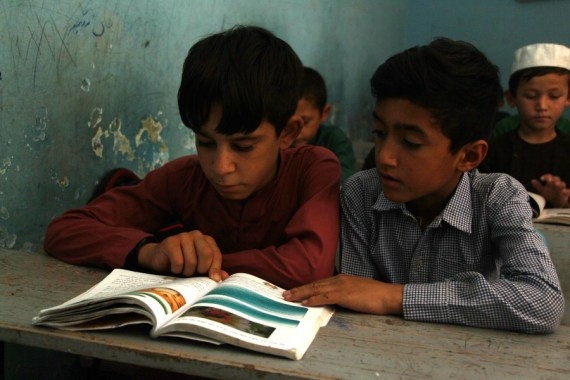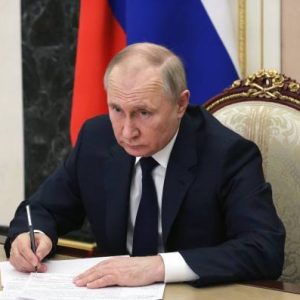This recent Code of Conduct is the result of more than a year of work by the Export Controls and Human Rights Initiative…reports Asian Lite News
Russia on Saturday questioned America’s code of conduct on export control regimes and human rights issues.
At the recent 2nd summit for democracy, to which the US decided who to invite to, it pushed for the “Code of conduct for enhancing export control of goods and technology that could be misused and lead to serious violations or abuses of human rights,” tweeted Denis Alipov, Russian Ambassador to India. On March 30, 2023, the United States and over twenty international partners adopted a nonbinding Code of Conduct outlining its commitment to using export control tools to address serious human rights concerns.
“In clear contradiction with the existing universal export control regimes and mechanisms of regulation. Would the Code be applicable to the US? Cannot shrug off the feeling it won’t. A fresh lively touch to the “rules-based order” vs international order,” tweeted Alipov.
Although a non-binding document, the Export Controls and Human Rights Initiative (ECHRI) Code of Conduct outlines a number of political commitments designed to ensure the effective application of export controls to protect human rights internationally.
These include commitments of each Subscribing State to: Make efforts to ensure that domestic legal, regulatory, policy and enforcement tools are updated to control the export of dual-use goods or technologies to end-users that could misuse them for the purposes of serious violations or abuses of human rights; Engage with the private sector, academia, researchers, technologists, and members of civil society (including those from vulnerable groups) for consultations concerning these issues and concerning effective implementation of export control measures; Share information regarding threats and risks associated with such tools and technologies with other Subscribing States on an ongoing basis; Share, develop, and implement best practices among Subscribing States to control exports of dual-use goods and technologies to state and non-state actors that pose an unacceptable risk of human rights violations or abuses; Consult with industry and promote non-state actors’ implementation of human rights due diligence policies and procedures in line with the UN Guiding Principles on Business and Human Rights or other complementing international instruments, and share information with industry to facilitate due diligence practices; and Aim to improve the capacity of States that have not subscribed to the Code of Conduct, and encourage other States to join or act consistent with the Code of Conduct.
These multilateral efforts to coordinate export control strategies follow the international community’s unprecedented coordination on trade controls in response to the Russia-Ukraine war.
Moreover, the Code of Conduct emphasizes the goal of increased adoption by other states by highlighting that the Code “does not specifically mention any of the multilateral export control regimes, such as the Wassenaar Arrangement.” Instead, the Code of Conduct is explicitly left open for any participant in the Summit for Democracy to join, regardless of their ratification of other multilateral regimes.
This recent Code of Conduct is the result of more than a year of work by the Export Controls and Human Rights Initiative, a multilateral effort initially created by the United States, Australia, Denmark, and Norway in December 2021.
In addition to ECHRI’s founding members, the following states committed to the Code of Conduct: Albania, Bulgaria, Canada, Croatia, Czech Republic, Ecuador, Estonia, Finland, France, Germany, Japan, Kosovo, Latvia, The Netherlands, New Zealand, North Macedonia, Republic of Korea, Slovakia, Spain, and the United Kingdom. (ANI)


